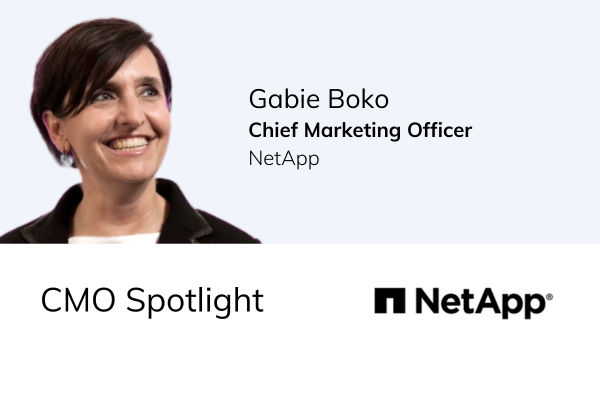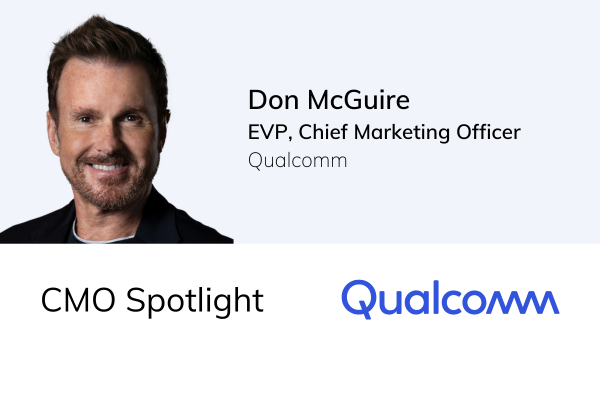What Marketers Can Learn from the TikTok Boom?
Right now the future of TikTok in the United States is up in the air...meaning this blog may very well seem outdated in a number of days.
As creators potentially upload their last TikTok, some even pleading the President to keep the social networking service, there are still a number of lessons marketers can take away from the success of the mobile app (even after its possible demise).
Looking at the numbers:
2 billion downloads according to Sensor Tower
1 billion active users
87 million downloads in June 2020 (a 53% increase from June 2019)
And, with TikTok downloads soaring ahead of Facebook in app stores...there is no doubt that TikTok is an overwhelming success in the creative social media space.
Read Related - How Marketers are Reaching Gen Z with TikTok
So what makes TikTok more popular + different from other social media platforms?
Social media, while still in its infancy, allows users to share their perspectives, lives, and creativity. Facebook and Twitter outlasted their competitors and have reigned over the social media space for years, that is, until TikTok, owned by the Chinese company ByteDance, rose to power.
With the video capabilities of the beloved Vine platform, the sharing capabilities of Facebook, and the meme capabilities of Twitter, TikTok has other social platforms running scared (and even attempting to create worthy competitors like the failed Lasso and the upcoming Reels).
The four components that have contributed to TikTok’s rise are:
Creativity
Culture
Community
Connectivity
Creativity
TikTok gives users everything - music, editing features, filters - they need to easily create and upload videos. The platform allows users to also easily share and duet with one another, leading to an array of creative possibilities. TikTok’s algorithm makes it so the “For You” page is curated specifically to the user’s taste the more they use it, and also that anyone has the opportunity to gain exposure and millions of followers overnight. Multiple people have been “discovered” and songs have gone viral just because a content creator made the right move at the right time. Whether it’s the younger generations’ need for validation, higher follower numbers, or grandiose dreams, the possibility of gaining TikTok fame leads to constant innovation.
There is almost a carefree attitude on TikTok too. Once a video is posted, it doesn’t matter whether or not it does well because users can hop on the next trend and continue to create content. The barrier to entry as well as the risks are low.
TikTok values their users and, in an attempt to show that appreciation and make closer ties to the United States, they have created a Creator Fund to invest in the influencers and people investing their time and energy into the app.
Kevin Mayers, the newly appointed US Chief Executive Officer (CEO) explained, “Beyond our commitment to accountability, we also believe all players in the industry should make a positive impact in the community. Our $200 million Creator Fund will help American creators get the most out of TikTok, and we expect that this will grow to over $1 billion in the US in the next 3 years, and more than double that globally. In addition to supporting these creative entrepreneurs, we are also on track to create 10,000 new TikTok jobs across the US.”
Brands partnering with influencers and paying close attention to what resonates with their audience on TikTok can help influence future content strategies and raise brand awareness.
Read more - How to Drive Traffic & Sales from TikTok
The Setup team even had a little fun on TikTok (and quickly learned we didn’t belong there) and tested out our creative juices!
Culture
We know by now that TikTok is special and that everyone wants to be a part of it or else there is major FOMO (fear of missing out). TikTok is taking part in forming the youngest generation, who will also soon have the most consumer buying power. Brands and users want to be a part of the conversation, understand the references, and remain relevant.
Community
Social media already plays such an important role in connecting people by providing a sense of community through online groups, chats, and meetups. As TikTok’s user base increases, new communities are formed. Whether you find yourself on Fairy, Farmer, Fitness, Dancing, Musical, Meme, or whatever corner of TikTok, there is truly something for everyone.
Some TikToks are created with captions including multiple interests like traveling and ask people to comment if they like the same things so that everyone interested can join a group chat and bond. Some people have met significant others by leaving comments on one another’s videos.
TikTok has even played a role in comforting users during the pandemic. Serving as a source of distraction, expression, creative outlet, and community. The number of users has not only spiked, the user base has expanded. According to Adweek, over 24% of 25-34 year olds are now participating on the app. Whether it is out of boredom or loneliness, Millennials have now come to play - making the app an even more desirable marketplace for brands.
Kevin Mayers addressed the increased use of the platform in his first public statement: “During the pandemic, we saw the resonance of Curtis Roach, whose ‘Bored in the House’ mantra became an anthem for putting a positive spin on tough times and helped people better cope with the lockdowns. And best of all, we witnessed many examples of families coming together to perform multi-generational song and dance, which warmed all of our hearts.”
Since the pandemic, a lot of people have been cooking, doing their makeup differently, working out, and rollerblading. Brands can capitalize on what people are interested in and create content that resonates with these communities.
Connectivity
Just like Snapchat helped inform people about the June protests happening in their cities, TikTok connects people to cultural trends and updates, news, and one another. People use TikTok to spread information, whether that information is about the virus or their own culture, it is used as an opportunity for people to learn and expose themselves to others.
At a time when we are socially distanced, it makes users feel connected to one another...knowing that people may be sharing the same experiences, doubts, or cultures as them.
Why is TikTok in jeopardy?
Given that TikTok is a Chinese owned company, there are data privacy concerns that the US government is currently looking into. TikTok is, however, doing their best to cut ties with ByteDance (hiring an American CEO and investing in American content creators, amongst other action items). Read the full statement from CEO Kevin Mayer here.
The U.S. is not the only one skeptical of TikTok. In fact, India recently banned the platform due to similar concerns. Granted, trust issues currently ensue with USbased social media companies like Facebook. In an effort to protect TikTok, the CEO stated that the platform adds to the competitive market, thus decreasing the market power of other social media platform leaders, and even gives advertisers more opportunities to reach consumers.
Basically, an environment where consumers feel safe to freely create and express themselves is one that thrives. And, regarding data, it seems as if there is an attitude with younger generations who have been giving their information to third-party sites to access online games since their tween years that their personal data does not matter and the opportunity to be a part of something may potentially outweigh the cost.
Even if TikTok gets banned, brands can learn about how consumers quickly jumped on an opportunity to be a part of the cultural trends and use that inspiration to search for more creative opportunities for their brand to engage an audience.










In the last six years, we’ve surveyed thousands of brands and agencies about their relationships. Each year, the data tells the story that brands want a partner they can rely on, but finding that partner often is difficult, expensive, and time consuming.
Read what brands are looking for in the perfect agency partner.